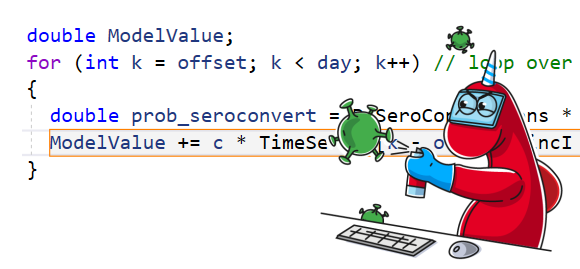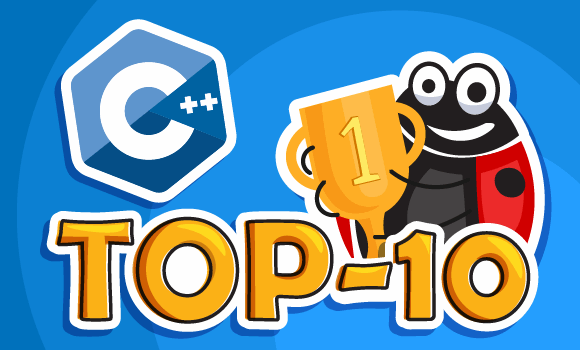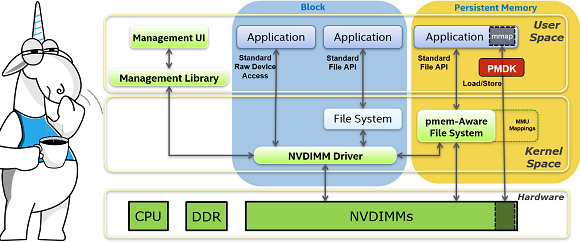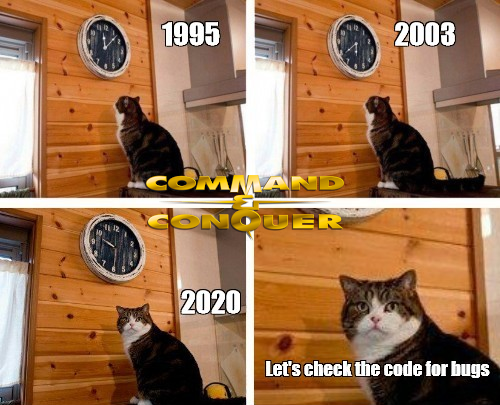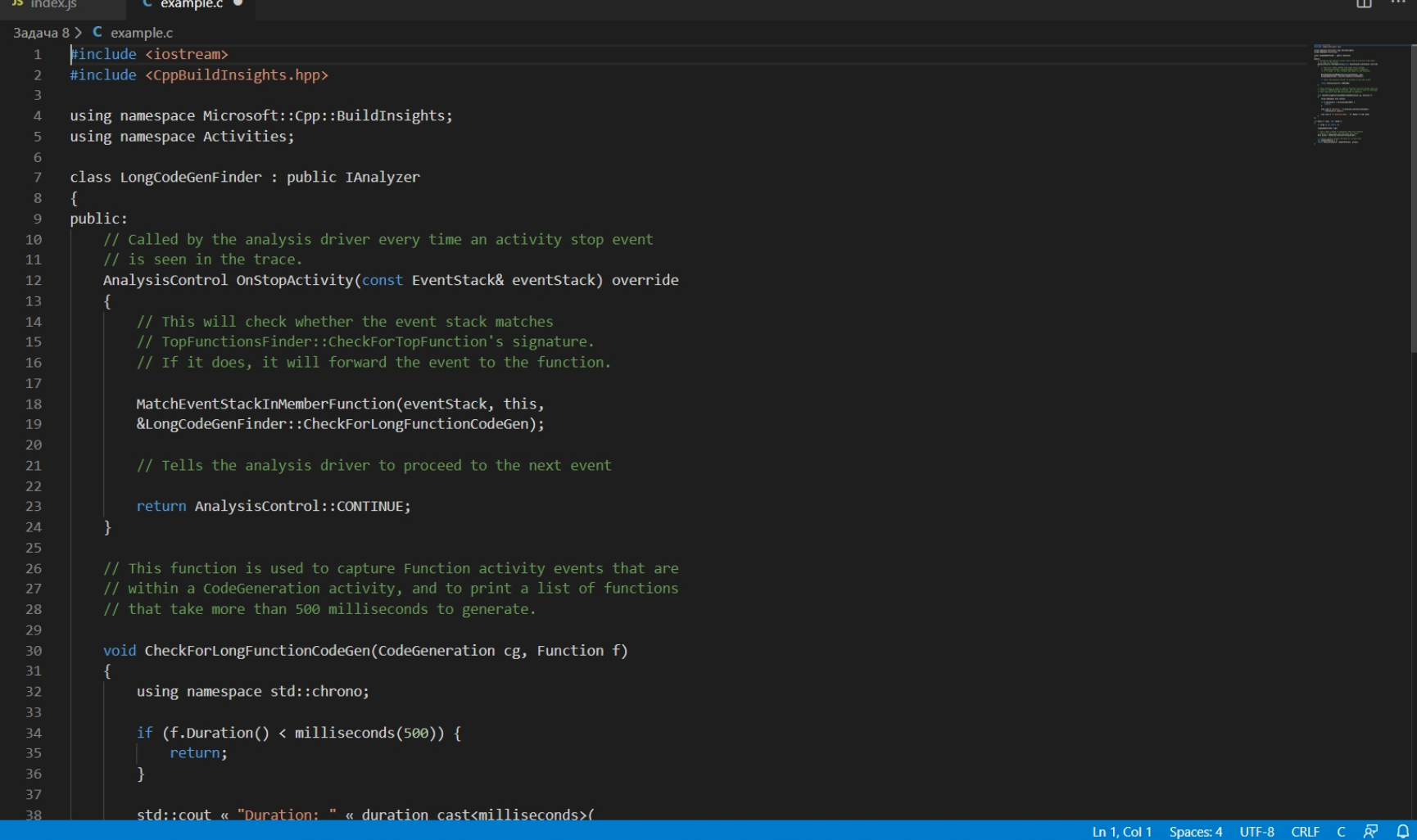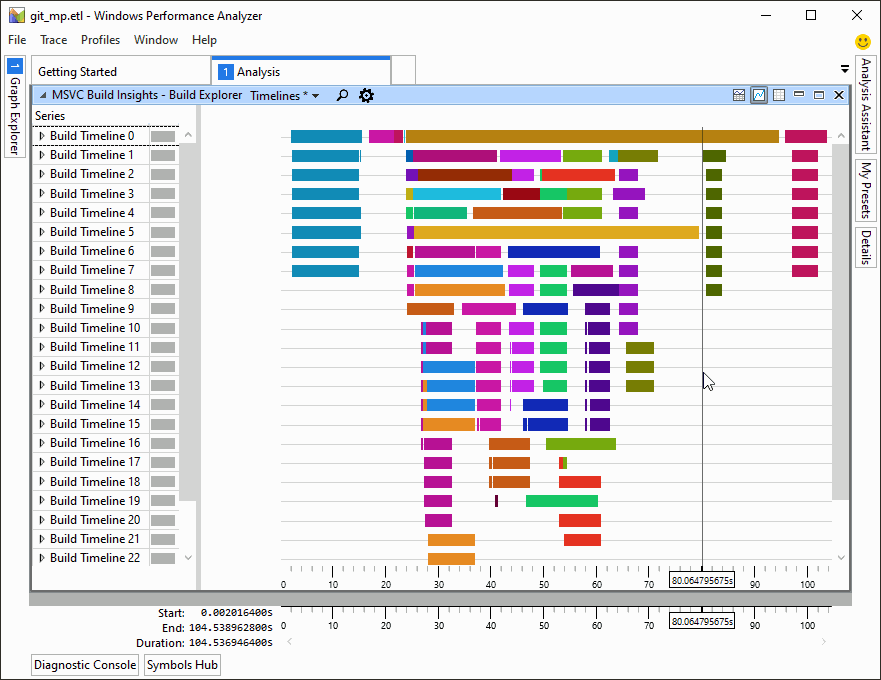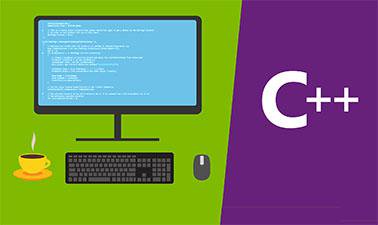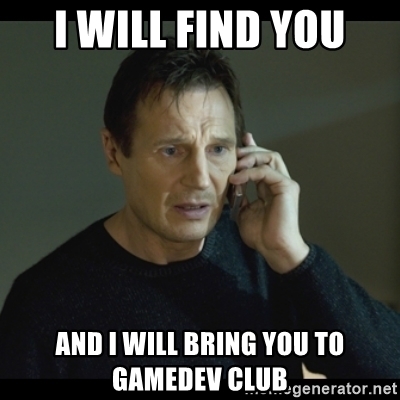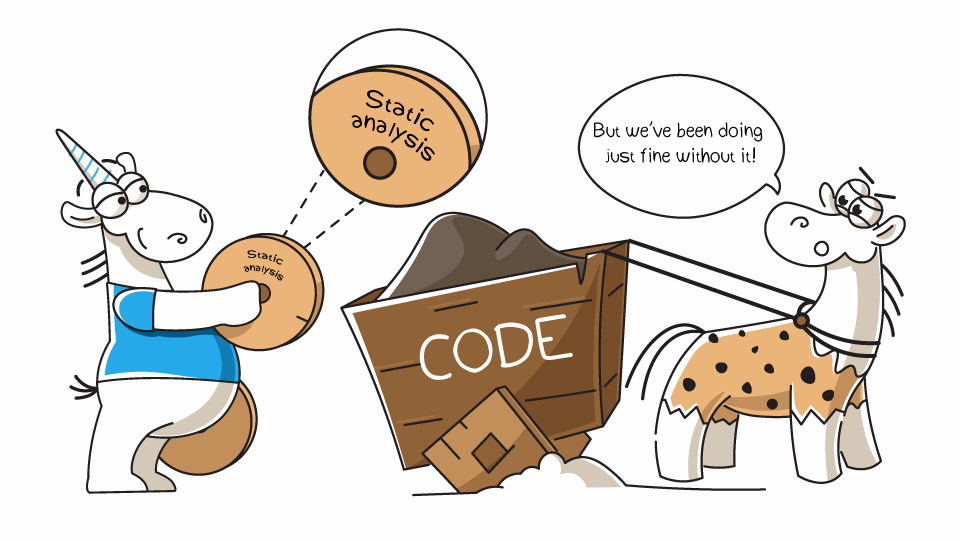Why PVS-Studio Uses Data Flow Analysis: Based on Gripping Error in Open Asset Import Library

An essential part of any modern static code analyzer is data flow analysis. However, from an outside perspective, the use of data flow analysis and its benefit is unclear. Some people still consider static analysis a tool searching for something in code according to a certain pattern. Thus, we occasionally write blog posts to show how this or that technology, used in the PVS-Studio analyzer, helps to identify another interesting error. Today, we have such an article about the bug found in the Base64, one of the encoding standard implementations of binary data.

